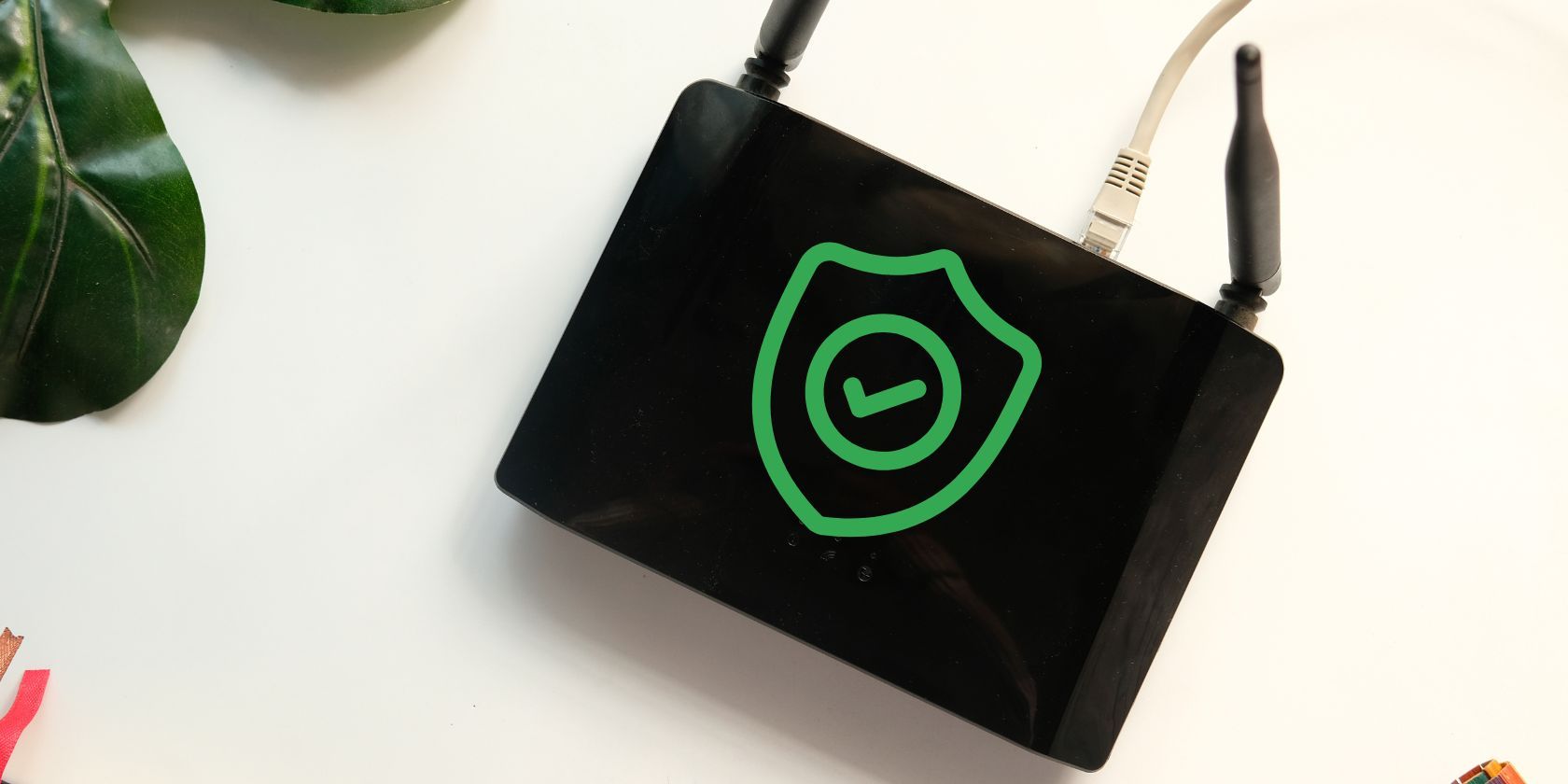Every device connected to the internet has its own IP (Internet Protocol) address, a unique string of numbers that separates it from other machines.
But there are several types of IP addresses. Each serves its own purpose, which has certain cybersecurity implications.
What's My IP Address?
IP addresses can be divided into two main categories: external and internal. Your external IP address is assigned to you by your Internet Service Provider (ISP).
The quickest way to figure out your external IP address is to visit WhatIsMyIP. Note that the address displayed on this site won't change if you visit it on a different device. This is because your external IP is tied to your router.
However, each device on your home network also has its own IP address. These are called internal, or local, IP addresses.
If you're reading this on a Windows computer, you can find its local IP in a few seconds. To do so, press the Start button, and type "cmd". Launch Command Prompt, and then type "ipconfig". Your local IP address will be displayed here.
And if you want to know what your smartphone's local IP address is, you can view it in the settings menu.
Is It Better to Have a Static, or a Dynamic IP Address?
IP addresses can be static or dynamic. As the names suggest, static IP addresses do not change, while the dynamic ones do. Some dynamic IP addresses change daily or weekly, while others only change when you restart your router.
Again, you can use Command Prompt to determine whether your external IP address is dynamic or static. Launch it, and type "ipconfig/all". Scroll down and locate the DHCP Enabled line. If the word next to it is Yes, then your IP is dynamic. The process is fairly simple on Mac as well—you can access IP address settings in System Preferences.
In terms of performance and internet speed, there are no significant differences between static and dynamic IP addresses, at least when it comes to home networks. However, they are not the same in terms of security and privacy.
Cybercriminals can abuse IP addresses in many ways. One common and dangerous threat is called IP spoofing. It takes place when a threat actor obscures the source of IP packets with the goal of deceiving the victim and making it seem like traffic is coming from a trusted source.
Precisely because dynamic IP addresses change frequently, they are less vulnerable to cyberattacks. For a start, a dynamic IP address makes it more difficult for threat actors to snoop on your online activities, thus creating a layer of protection against different types of attacks.
Dynamic IP addresses also provide more privacy than static addresses. This doesn't mean you can't be tracked if you have a dynamic IP address (you definitely can be), but data collectors, scammers, criminals, and tech companies will have a more difficult time identifying you. With a static IP, you only need to be identified once.
Also, Dynamic IP addresses are assigned and configured automatically by the DHCP Server, while static addresses need to be set up manually. So, when you upgrade your computer, you don't need to manually assign it a static IP address and risk creating a security problem—the router will do everything on its own.
Dynamic IP Addresses Are Safer
Dynamic IP addresses are safer than static IP addresses, and perfect for home networks. But this does not mean static IP addresses don't have their place. In fact, businesses often prefer them because they are stable and can be used for hosting.
But whether you're using a static or a dynamic IP address, in order to stay safe and keep your privacy, you need fast and reliable VPN software. The good news is, there are many VPN providers nowadays, and some offer their services for free.


